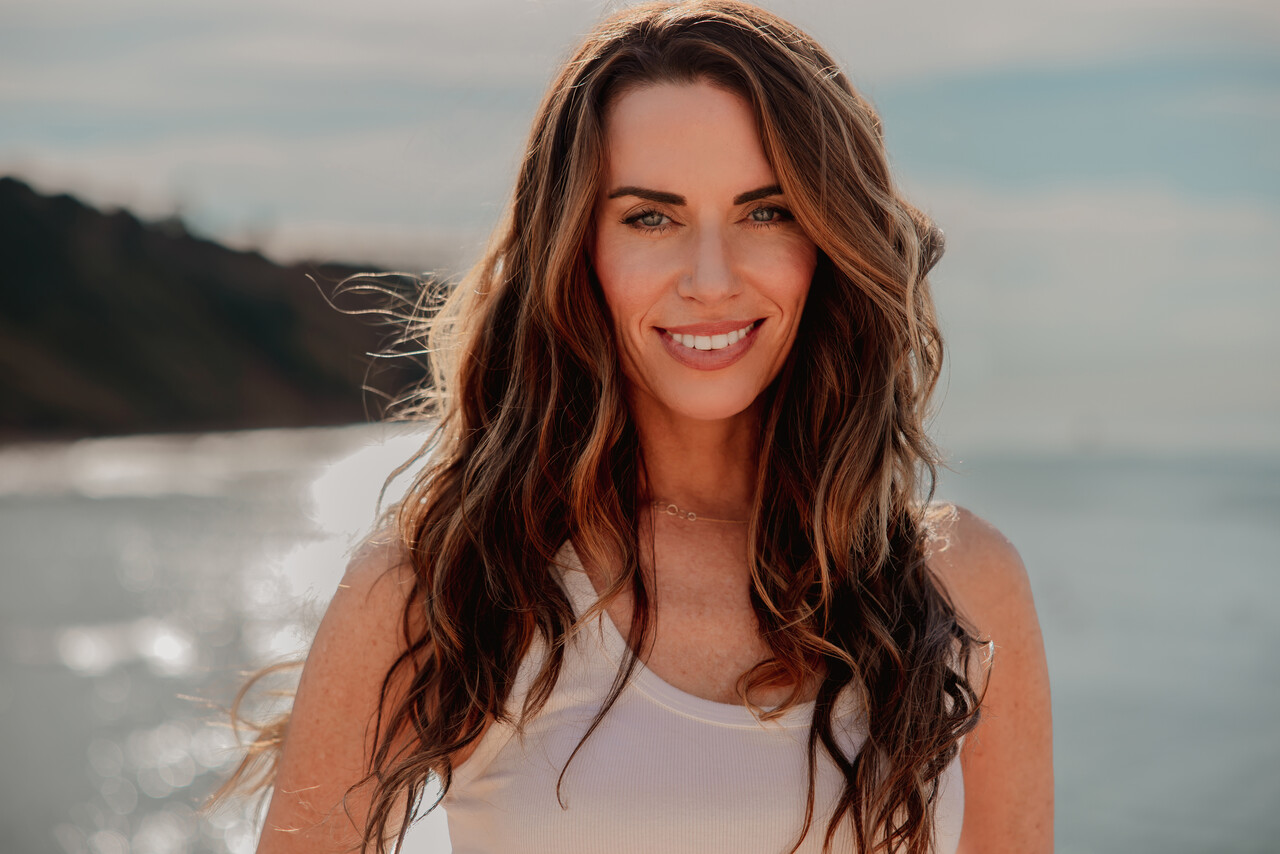Humans often find themselves caught up in various forms of drama, and it seems to be a recurring theme in our lives. Despite claiming not to enjoy drama, there is a certain attraction to it that keeps us engaged. This article explores the concept of drama and specifically focuses on the Drama Triangle, a social model developed by Stephen Karpman. By understanding the roles we play in this triangle and gaining self-awareness, we can break free from the patterns that keep us feeling stuck and powerless to change.
The Drama Triangle: An Overview
The Drama Triangle, also known as the Karpman drama triangle, describes a set of dysfunctional social interactions and the roles individuals tend to assume in these situations. Whether consciously or unconsciously, humans are programmed to exhibit one of three roles when caught up in drama. Understanding these roles is crucial to breaking free from the grip of drama and regaining personal power.
Feeling Stuck in Drama
When you find yourself in a state of drama, it often feels as though life is happening to you and you have no control over the situation. You may feel trapped, unable to escape the recurring patterns that keep showing up in your life, whether it’s in your work, relationships, or other areas. This sense of being stuck and powerless is a characteristic of the drama triangle.
Taking Responsibility for Drama
Ironically, if you are experiencing drama, you are also the one creating it. However, this realization also means that you have the power to end it. Engaging in drama not only leads to personal suffering but also invites others to join in the chaos. Although drama can be seen as a normal aspect of human behavior, it is essential to recognize when it becomes detrimental and inhibits personal growth.
Escaping the Drama Triangle
Permanently resolving issues becomes nearly impossible when operating within the drama triangle. The key to unlocking the creativity and ability to address problems effectively lies in shifting out of drama and into the empowerment triangle. By doing so, you can tap into your inner resources and find the power to resolve issues permanently.
The Importance of Self-Awareness
Self-awareness is a critical skill in recognizing when you are caught up in drama. It involves being aware of where you are placing your focus, how you interpret facts, and your sense of personal power in any given situation. Developing self-awareness enables you to identify the three roles in the drama triangle and understand when you might be falling into the drama trap.
The Victim Role
The Victim role is characterized by a feeling of powerlessness. When in this role, you believe that life is happening to you and that you are incapable of solving problems on your own. Victims often seek help or rescue from others, perpetuating their own suffering. They may actively seek out overwhelming problems, feeling misunderstood and isolated in their struggles. The Victim role is marked by fear, anxiety, and a desire for safety and security.
The Villain Role
The Villain role, also known as the Persecutor, seeks someone or something to blame. Villains love to criticize, judge, and critique, believing they are right about who or what to blame. They may stifle open conversation and direct attention to the problem rather than finding ways to resolve it. Villains often engage and invite others into the Victim role, convinced of their powerlessness. It is common for the roles of Villain and Victim to intertwine and switch at times.
The Hero Role
The Hero role, also referred to as the Rescuer, seeks to fix, save, and solve problems. Heroes provide temporary solutions and often engage in a band-aid approach. They help others feel better and attempt to reduce immediate suffering. However, the solutions provided are not permanent, and the underlying problem resurfaces. Heroes themselves cannot resolve problems permanently because they are still operating within the drama triangle. They are motivated to avoid their own discomfort or feelings of unease.
Stepping Out of Drama
When embarking on the journey to step out of the drama triangle, the focus should not be solely on changing behavior. Merely attempting to change behavior can perpetuate the drama. The key lies in recognizing the roles within yourself and becoming aware of when you are engaging in drama. Start by asking yourself questions such as, “Am I in drama? How am I perceiving this situation? Am I playing the role of a hero, villain, or victim?” Recognizing oneself in drama is the first step towards understanding how you got there in the first place.
Developing Self-Discovery Techniques
Cultivating a learner’s mindset and getting curious about your own mindset is crucial in breaking free from the drama triangle. Approach the process with a sense of lightness and playfulness, as it can be both enlightening and amusing to recognize these roles within yourself. Keep a journal to document your discoveries, noting times when you find yourself in drama and exploring the root causes behind your engagement with drama. By assuming 100% responsibility for your role in drama, you can shift into a different way of operating and empower yourself to make lasting changes.
The drama triangle is a familiar landscape for most humans, but it doesn’t have to be a permanent state. By cultivating self-awareness and recognizing the roles of victim, villain, and hero within ourselves, we can step out of drama and into empowerment. The key lies in understanding that drama is neither inherently good nor bad but rather a human condition that can be transcended. With time and practice, we can become adept at recognizing the drama triangle and effectively shift out of it. So, embark on this journey of self-discovery, approach it with a sense of curiosity, and unlock your true potential to create lasting change.
This article is based on my podcast episode – Listen here

